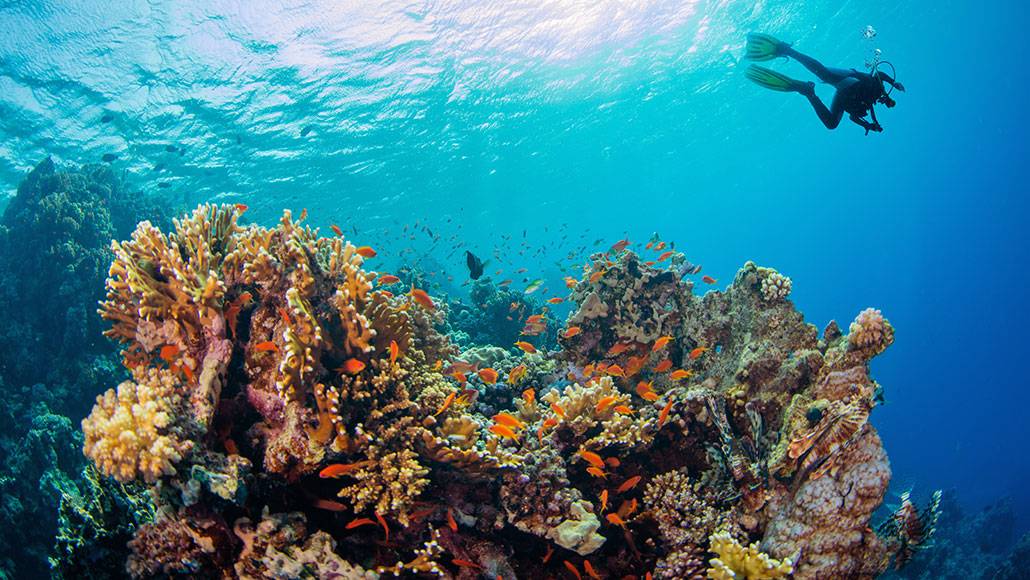
Coral reefs are among the most biodiverse ecosystems on the planet, providing not only a critical habitat for many species of marine life but also a vital source of income for many coastal communities around the world. These lush and vibrant ecosystems, however, are under threat from a variety of human factors as well as climate change.
Project- ‘Coral Gardeners’
An ambitious project in the South Pacific, on the other hand, is on a mission to restore these vital habitats. The initiative, called Coral Gardeners, is the brainchild of Titouan Bernicot, a 23-year-old from the French Polynesian island of Mo'orea. Coral reefs are an important part of island life in Mo'orea, which is why Bernicot and a few friends founded Coral Gardeners in 2017.
That small group of island kids has evolved into an international network of scientists, activists, and artists. Their current goal is to replant 1 million corals worldwide by 2025, an ambitious goal that they hope to achieve with the assistance of a new artificial intelligence system. "Our long-term goal is to become the world's largest and most advanced coral restoration programme," Bernicot says.
What does Coral Reef Restoration Involve?
The team is working to restore coral reefs that have been damaged by natural and, more importantly, human disturbances. The team is concentrating its efforts on super corals in particular in order to create more resilient reefs. Super corals are species that can adapt quickly to changing environmental conditions such as global warming.
As part of the restoration process, the team first finds groups of super corals in the lagoon, cuts a small portion of them, and transports them to the nursery site, where they are hung on ropes. These coral gardens are being watched over for at least a year. When the grown pieces are mature enough, they are replanted on degraded areas of the reef. Corals contribute to the reef's revival and resilience as they continue to grow and spawn.
AI to Restore Coral Reefs
People from all over the world can watch the activity via a live stream called ReefOS. It is essentially an artificial intelligence system that documents all stages of the growing process. A 360-degree camera is part of the system and is used to identify and label fish species as they return to the reef.
The technological advancements do not stop there. In addition, the team recently collaborated with Cornell University to develop a bioacoustic AI model that analyses how underwater sound affects the ecosystem.
Furthermore, the collective collaborated with the University of Hawaii to incorporate cutting-edge 3D mapping and photogrammetry techniques into the monitoring process. Photogrammetry is the science of using photographs to gather useful information about a specific process.
All of these cutting-edge technologies are available to help the team better understand the state of the entire ecosystem before and after their restoration efforts. This allows them to better track things like ecosystem biodiversity and fish population, as well as detect coral disease and bleaching.

















